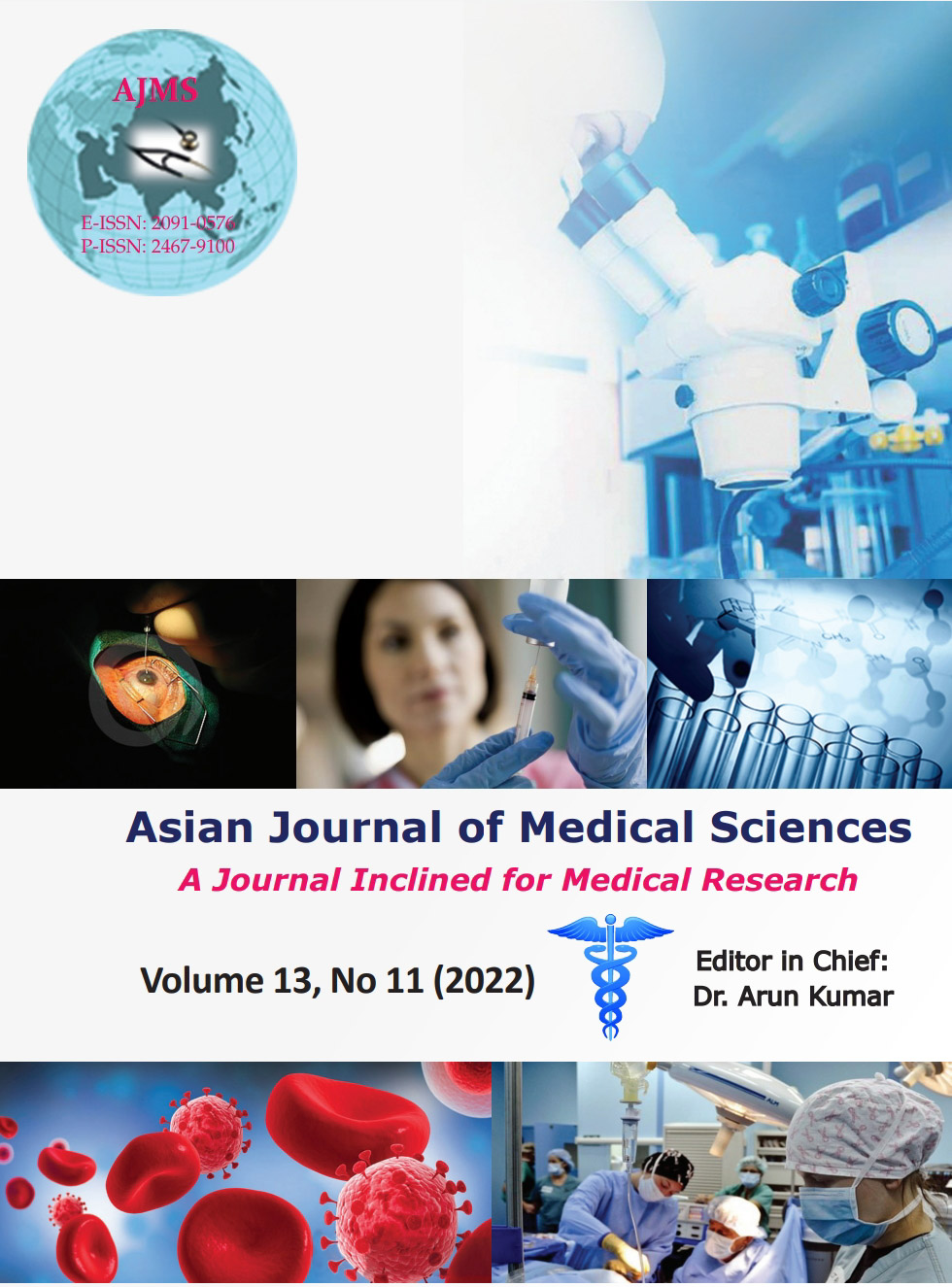Understanding of COVID-19 vaccination in pregnant female – Hesitancy and acceptance: A prospective observational study
Keywords:
COVID-19; Pregnancy; India; VaccinationAbstract
Background: India is one of the most severely affected countries due to the COVID-19 pandemic. A higher risk of severe illness and complications from COVID-19 had been observed in pregnant women as compared to nonpregnant women. The government of India on July 2, 2021, provided approval for the vaccination of pregnant women against COVID-19. A little data regarding the safety or harm during pregnancy of vaccination were available that time. Lack of safety data, fear, mistrust, underestimation of efficacy of vaccine, and chaos due to pandemic makes indecisive surrounding for pregnant women and this causes hesitancy with decision making about the COVID-19 vaccination.
Aims and Objectives: This study aims to analyze the willingness and hesitancy of pregnant women to get vaccinated against COVID-19.
Materials and Methods: This prospective study was conducted in a tertiary care institute in Northern India. Five hundred antenatal women who were eligible for COVID-19 vaccination were included in this study. Informed consent has been taken and data were analyzed after filling face to face questionnaire regarding vaccine acceptance or hesitancy.
Results: The present study revealed low acceptance of COVID-19 vaccination in pregnancy. Prime reasons for the same are no allowance by the family and the possibility of vaccine harming the baby.
Conclusion: Specific efforts should be directed toward high-risk populations including pregnant women and those who are planning for pregnancy. This will promote vaccination rates by increasing people’s trust in immunization and the health-care system.
Downloads
Downloads
Published
How to Cite
Issue
Section
License
Copyright (c) 2022 Asian Journal of Medical Sciences

This work is licensed under a Creative Commons Attribution-NonCommercial 4.0 International License.
Authors who publish with this journal agree to the following terms:
- The journal holds copyright and publishes the work under a Creative Commons CC-BY-NC license that permits use, distribution and reprduction in any medium, provided the original work is properly cited and is not used for commercial purposes. The journal should be recognised as the original publisher of this work.
- Authors are able to enter into separate, additional contractual arrangements for the non-exclusive distribution of the journal's published version of the work (e.g., post it to an institutional repository or publish it in a book), with an acknowledgement of its initial publication in this journal.
- Authors are permitted and encouraged to post their work online (e.g., in institutional repositories or on their website) prior to and during the submission process, as it can lead to productive exchanges, as well as earlier and greater citation of published work (See The Effect of Open Access).




